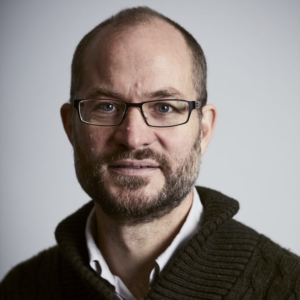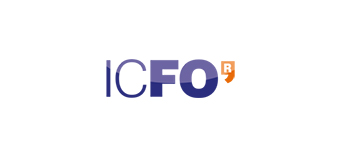Quantum sensing with light and atoms
Morgan Mitchell (ICFO)
ABSTRACT:
Many of our most demanding measurements are made with interferometers. For example, giant Michelson interferometers are used to detect gravitational waves, and Ramsey interferometers – in which atoms proceed through a sequence of superposition states – are used to measure time in atomic clocks. In advanced instruments, quantum noise can be the main limitation on the sensitivity. This motivates efforts to develop interferometers that use squeezed and entangled states to reduce quantum noise. In this talk, I will present the main approaches to this problem, and describe the state of the art and some recent accomplishments.
RECOMMENDED PAPERS:
https://arxiv.org/abs/1611.03986
BIO:
 Morgan Mitchell got his PhD in Physics from the University of California at Berkeley in 1999. After post-doctoral stays in the groups of Serge Haroche (LKB/ENS) and Aephraim Steinberg (U. Toronto), where he discovered quantum sensing and performed the first super-resolving phase measurements with N00N states, he joined ICFO in 2004. At ICFO he leads the Atomic Quantum Optics research group, which, among other activities, develops quantum sensors using squeezed light and entangled photons.
Morgan Mitchell got his PhD in Physics from the University of California at Berkeley in 1999. After post-doctoral stays in the groups of Serge Haroche (LKB/ENS) and Aephraim Steinberg (U. Toronto), where he discovered quantum sensing and performed the first super-resolving phase measurements with N00N states, he joined ICFO in 2004. At ICFO he leads the Atomic Quantum Optics research group, which, among other activities, develops quantum sensors using squeezed light and entangled photons.
